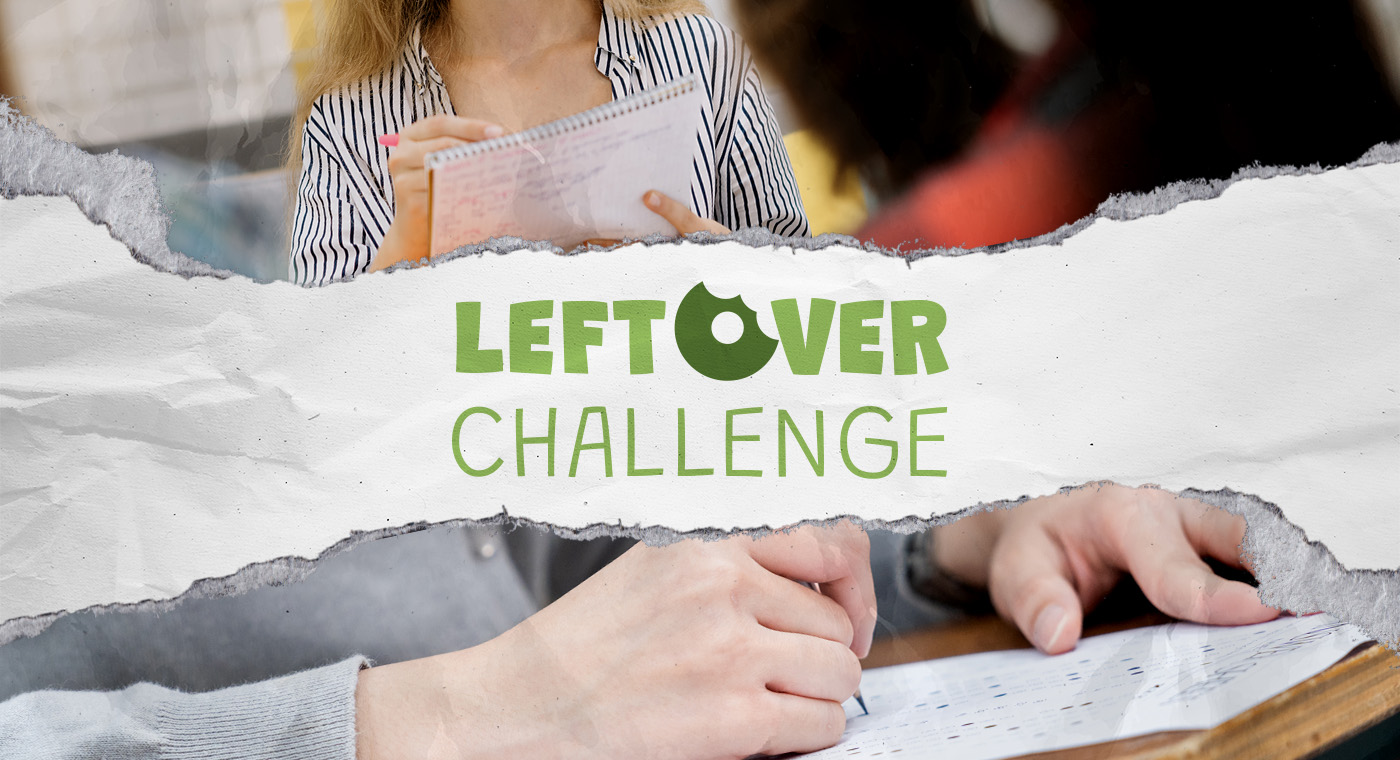Pubblication date: July, 202
Author(s): Blaž Ferjančič University of Ljubljana
Table of Contents
Introduction
The “Leftover Challenge,” an Erasmus+ KA220-SCH project, commenced in December 2023. This initiative brings together a consortium of five partner organizations from five European countries: Project coordinator 8D Games BV (Netherlands), the 4th Primary School of Nafplio (Greece), the University of Ljubljana (Slovenia), the Primary School CONIL (Romania), and IPPOCRATE AS (Italy).
The project’s main objective is to investigate effective practices and identify areas for improvement in household food leftover management. Based on these findings, the consortium will develop a serious educational game and sample lesson plans. Both the game and lesson plans will be made readily available for elementary school teachers to use.
Our educational intervention targets children aged 8 to 12, aiming to instill good habits and awareness regarding food leftover management.
What we are about
Through this project, we aim to increase awareness of food waste and its impact by focusing on the future consumers: elementary school children. Our research involves examining the current curriculum related to food waste in schools, identifying existing good practices, and pinpointing areas that can be expanded upon.
By addressing the management of leftover food in European households, we hope to reduce food waste on a personal level. The project will result in a Best Practices Report on food waste among households with young children, outlining practical ways to reduce or avoid food waste.
To facilitate the education of young children about leftover management, we will develop a serious game for elementary schools. This game will promote non-judgmental discussions about food handling in various households and provide opportunities to learn new strategies for preventing food waste.
Additionally, we will create lesson plans to complement the serious game, enhancing knowledge and awareness among young children. These lesson plans will be freely available for teachers to incorporate into their teaching process.
Where are we now: Progress report
In July 2024, we are concluding the research for the creation of the
Best Practices report. During this phase, we conducted a literature review on the causes of leftover food and identified some already established good practices. Based on this review, we designed questionnaires for parents, children, and teachers, which were prepared online using the web tool 1Ka. Participants were invited to complete these questionnaires through online channels and the project web page. To ensure the safety of children, the children’s questionnaire was combined with that of their parents.
To obtain more in-depth data about the causes of leftover food, best practices, and the topics already included in school curricula regarding food waste, we conducted interviews with teachers, parents, and children. The preliminary results reveal similarities across the participating countries. In all countries, topics related to food waste are included in elementary school curricula, primarily within the subjects of natural sciences and civics education.
Teachers generally express openness to incorporating a serious game into their lessons. Likewise, parents are supportive of their children gaining new knowledge about leftover food.
By the end of July, we will publish the Best Practices Report. This report will present the data gathered from the questionnaires and interviews and describe the best practices for minimizing or preventing leftover food.
Conclusions
Best Practices report creation is successfully nearing its conclusion. All planned activities have been completed according to the timeline and will serve as a foundation for the continuation of the Leftover Challenge project. By reviewing best practices, we aim to facilitate the development of a serious game designed to influence young children between the ages of 8 and 12. We hope this game will play a role in shaping future consumers who are conscious about food waste.
